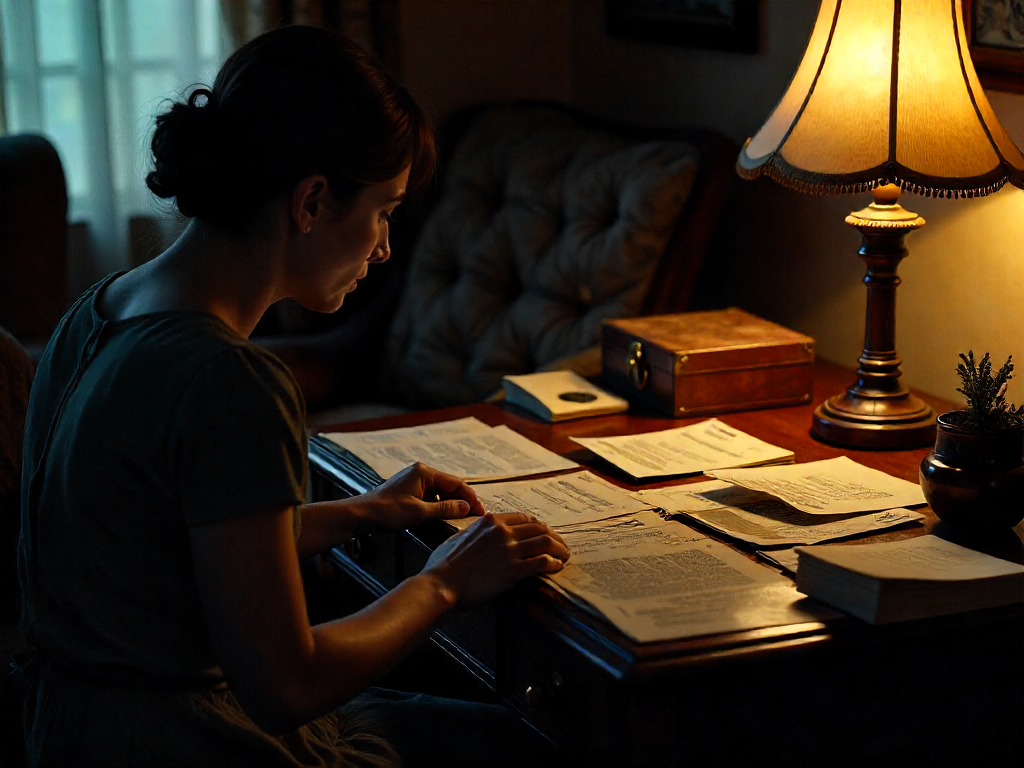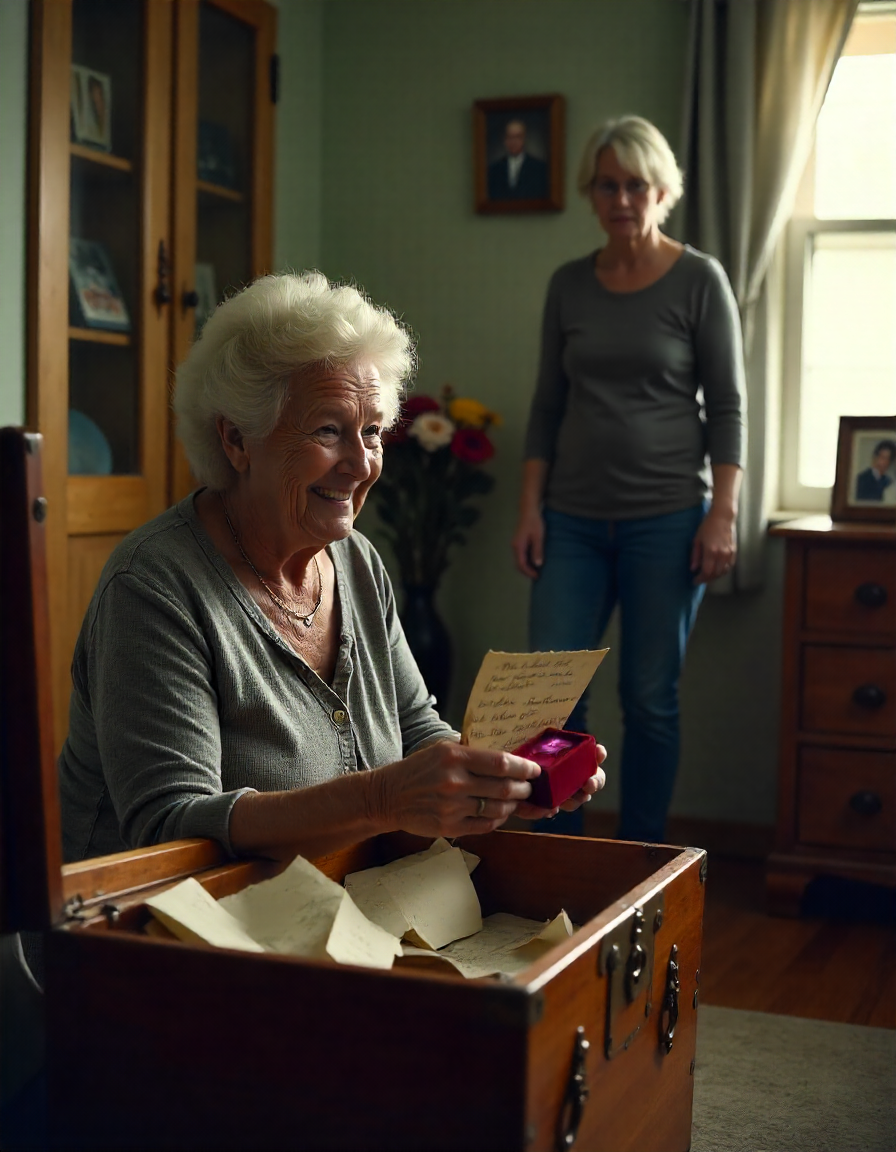his face as he cradled a small, sleeping baby—my husband, laughing the way he’d laughed that first summer we met, hair softer, cheeks fuller. The photo was dated 2003. On the back: ‘For days you weren’t mine, James, but you kept me.’ There were more things: a tiny silver anklet, a birth certificate with his name and another woman’s, a stack of letters tied with ribbon addressed ‘To James—when you’re brave.’ My mouth went dry.
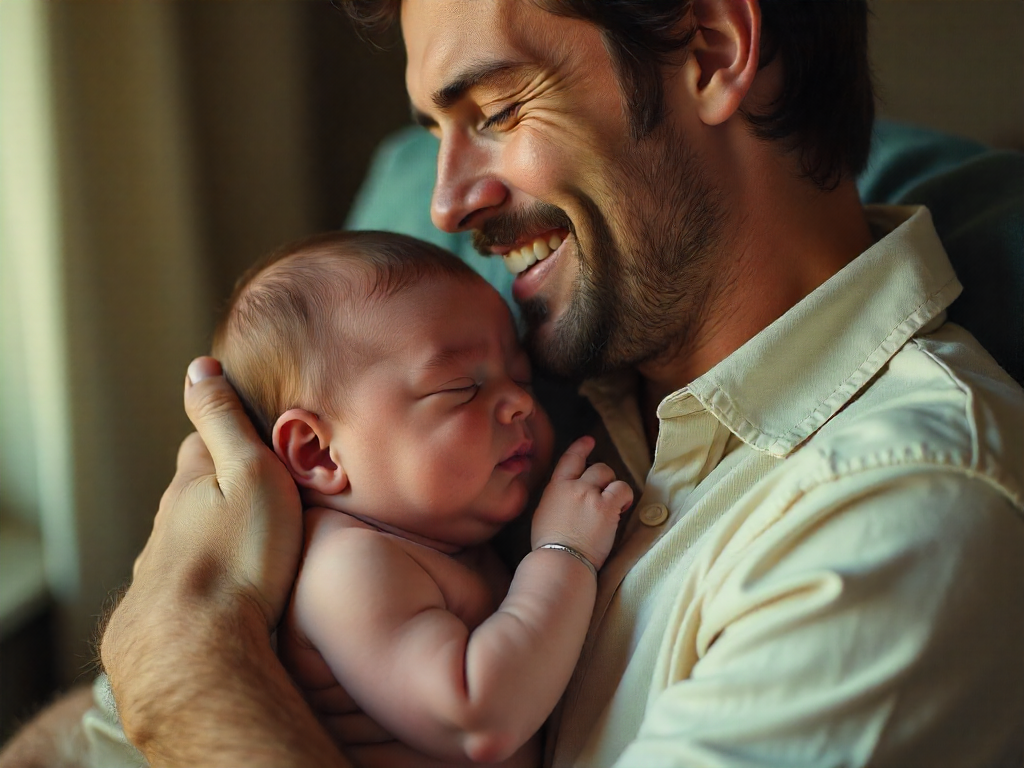
My mother-in-law’s eyes were wet but firm. ‘He promised he’d tell you when the time felt right,’ she said. ‘He didn’t want to hurt you.’ Hurt me? He had been stealing years.
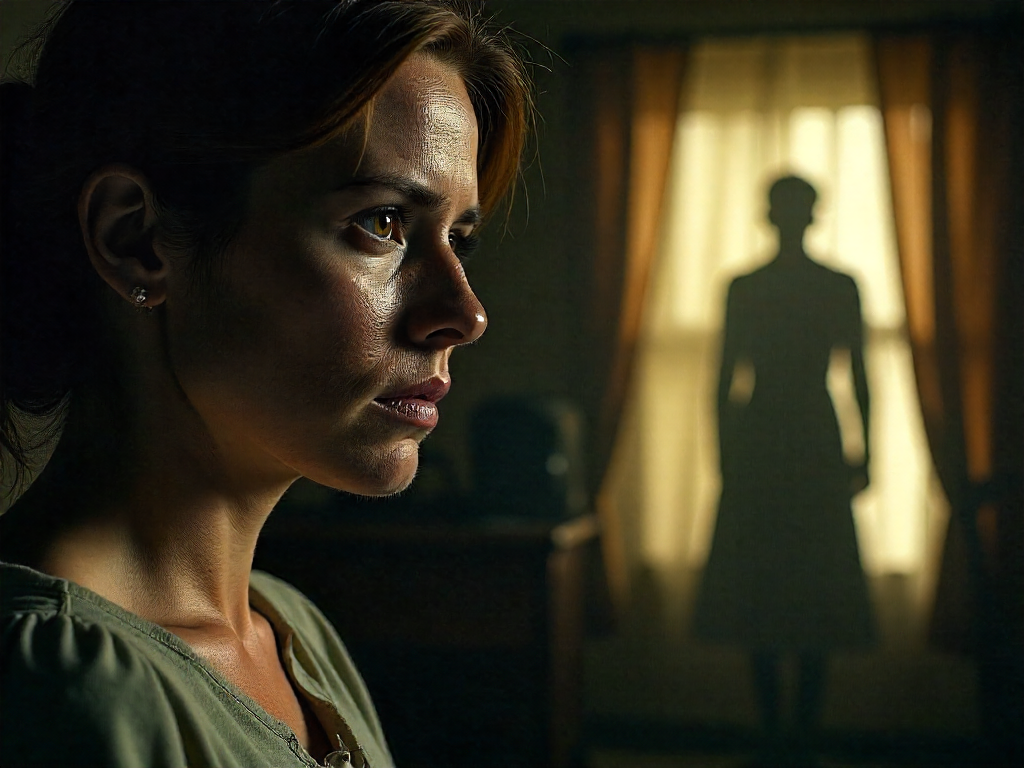
I left the room because the air felt thin. Stairs creaked like old secrets. In the kitchen I could hear the kettle; she hummed as if we were sharing gossip instead of wreckage. I thought of our kitchen table where we planned retirements and vacations, never once folding in a childhood, a motel receipt, a hospital bracelet. I had been a character in the margins.
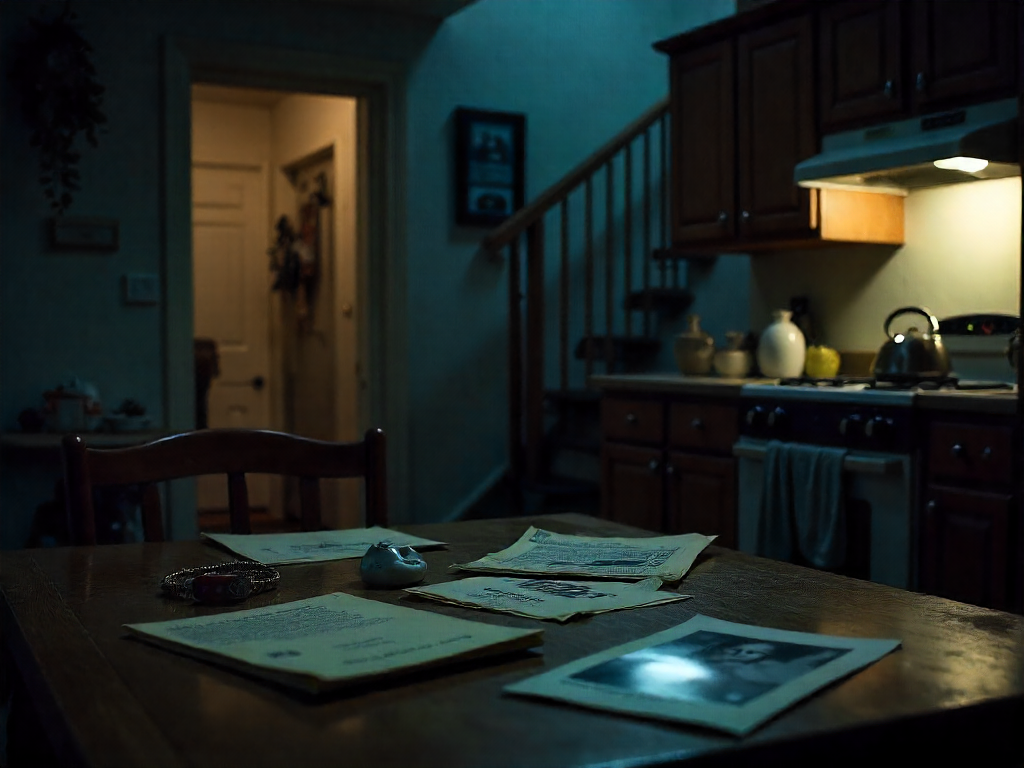
For the first time since his funeral, anger warmed me like blood. Not the hot, cinematic fury of revenge, but a slow, practical heat. I would know everything. I would read those letters. I would find that woman’s name. I would learn whether anyone I’d loved—especially myself—had been traded for convenience.
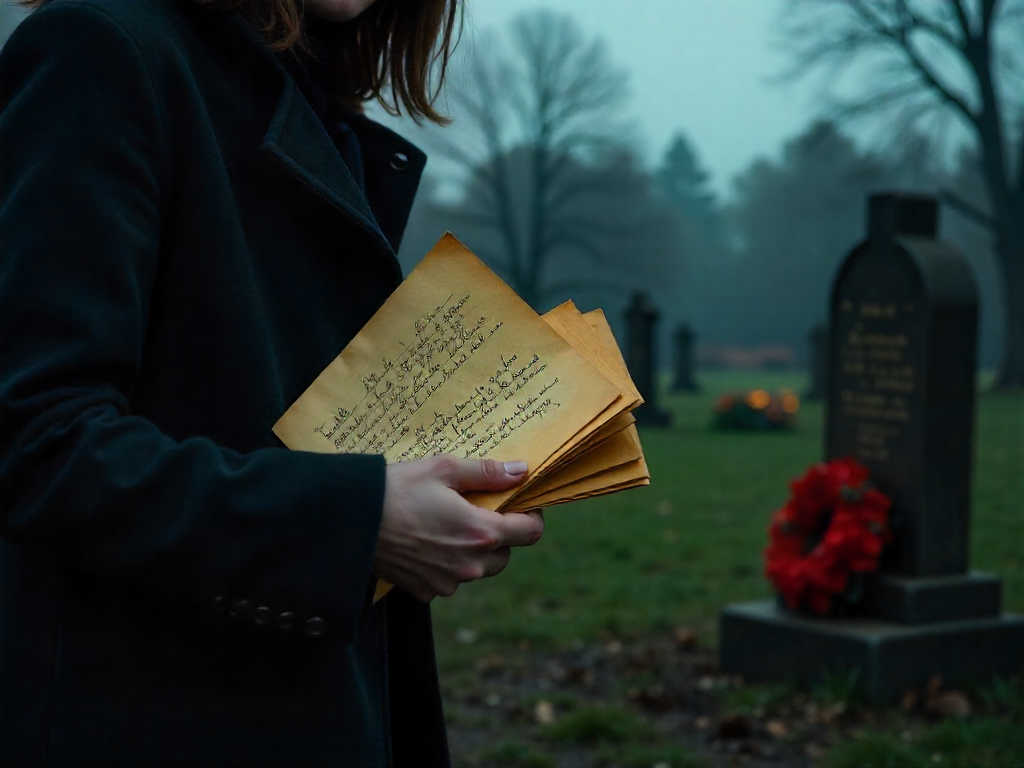
‘I will need those letters,’ I said. ‘And the motel receipts. And the photographs.’ She hesitated, then nodded, as if surrendering to a verdict she had postponed for years. I felt steadier, as if uncovering truth could be a kind of mourning too. The cedar chest closed with a soft click, and I understood that I couldn’t keep sleeping in a life that had been stitched with secret seams. Tomorrow I would start at his study drawer.
